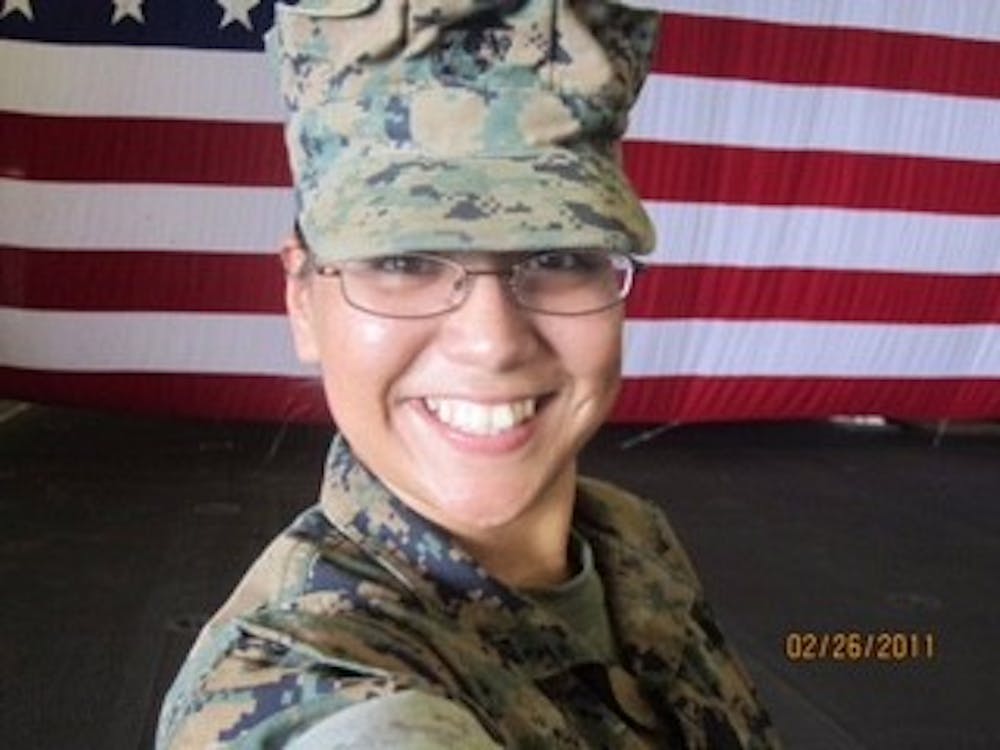Although fewer veterans graduate within six years from 4-year institutions at the national level, the percent of average and veteran students who graduate within six years at Ball State are almost identical.
At Ball State, the number of veterans that typically graduate after enrolling is close to the national standard, with 58.7 percent of veterans graduating in six years from the university in 2012, said Beck Hannaford, Veteran Benefits and Financial Coordinator.Although fewer veterans graduate within six years from 4-year institutions at the national level, the percent of average and veteran students who graduate within six years at Ball State are almost identical.
At Ball State, the number of veterans that typically graduate after enrolling is close to the national standard, with 58.7 percent of veterans graduating in six years from the university in 2012, said Beck Hannaford, Veteran Benefits and Financial Coordinator. Ball State's six-year graduation rate is 60 percent, according to the U.S. News & World Report's Best Colleges Ranking.
Lydia Holliday, a junior Spanish major, is a Marine that has been overseas, and is studying to finish her degree at Ball State.
Holliday was stationed in Japan for two years after a semester at University of Texas in Brownsville, Texas. She was a student off and on until the spring semester of 2014 at Ball State.
Holliday is set to graduate next fall from Ball State. After enrolling at UT in November 2011 for a semester, she finished in a similar amount of time as a typical student would.
Still, she said school isn't always a priority for those in the military.
“In the military, we are told we can pursue school if possible, but the majority of the time, we are unable to due to deployments,” Holliday said.
The benefits military members receive from enlisting and training can cover most college expenses, depending on how long a veteran has served.
“I believe that the only reason why military members don’t continue school or think it’s hard is because the moral support to continue education is not a priority at the time,” Holliday said.
Most veterans graduate in four or five years, like normal students, however some do take up to eight years in order to complete due to deployment and working while being a student.
“While in the military, we are constantly told that our jobs come first, not an education,” said Holliday. “Education is kind of like a reward to those who are great at their jobs, not a right for all to have.”
Hannaford said Ball State’s online program for student veterans is ranked as 8th in the country.
“We have a very military friendly campus and good programs here,” Hannaford said.
He said he believes Ball State gives veterans an opportunity to finish their degree while finishing their deployments.
Veterans go through similar experience as normal students, although they are serving, Hannaford said.
“They have family and work issues, too,” Hannaford said. “They may go through something traumatic. We have four individuals at the Counseling Center for PTSD, so we are prepared."





